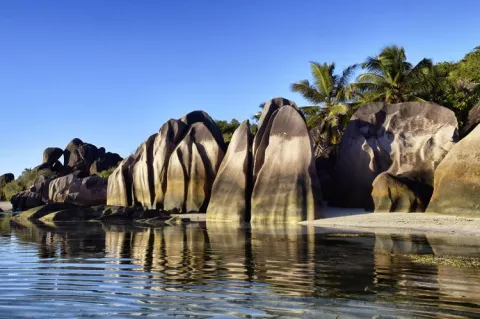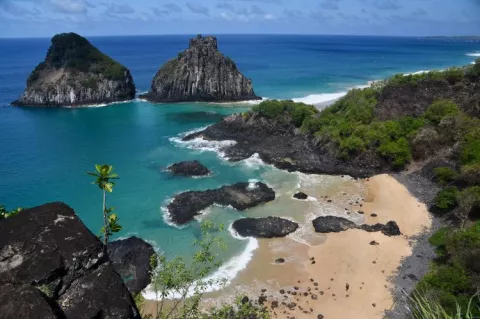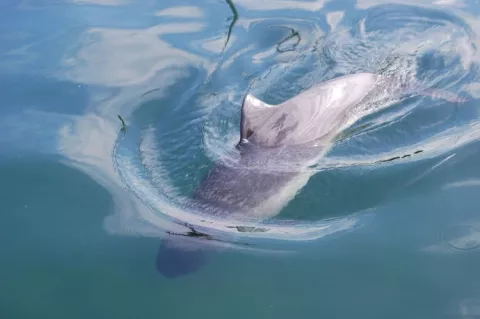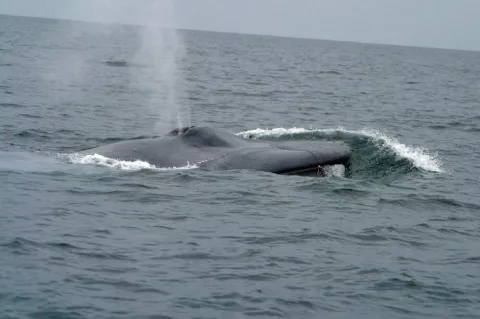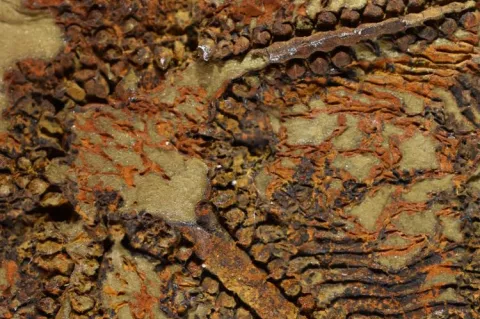Miss Scuba Never Hold Your Breath Dive Necklace with a Mermaid
Handmade, sterling silver artisan jewelry from the Miss Scuba Jewelry Collection. This piece reflect's the artist's sense of mystery and individuality and beckons the free spirit in every self-made woman.
The mermaid pendant is about 1 inch, while the DIVE charm is about 1/2 inch.



